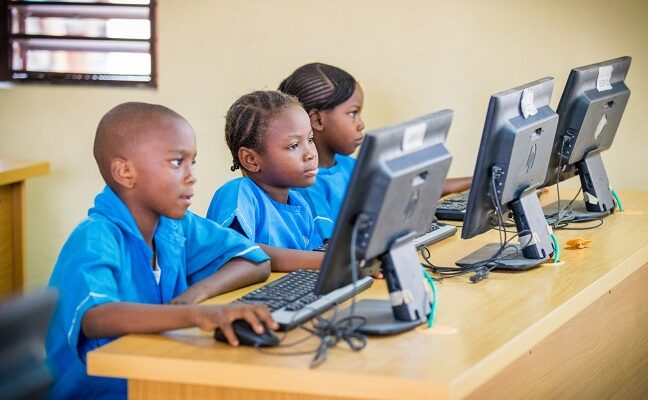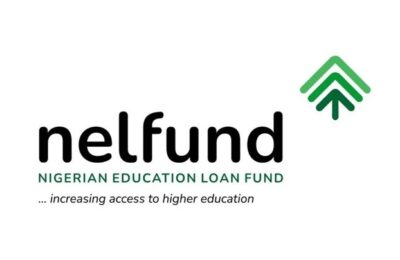Education is a system of acquiring or providing organised learning especially at a school .It involves gaining knowledge, skills, values, morals, beliefs. It can be done through teaching, training, storytelling, discussions and directed research and is usually facilitated through the guidance of educators. Through education an individuals character and behaviour are shaped and moulded with the knowledge they acquire. Getting educated helps an individual elevate themselves, become an asset to society and be more competent in life.
The future of education refers to the ways in which education is expected to change and evolve in the coming years. This includes changes in the way education is delivered, the technologies used in education, and the way students learn and interact with educational content.
Formal education originated from the first industrial revolution and it’s telling that our general approach to education has changed little since then. In classrooms and lecture halls around the world students mostly sits facing the front listening to the teacher deliver content that they are expected to memorize. This isn’t to criticize teachers, far from it, but our world is fast changing in order to teach the necessary skills needed in the 21st century and create the leaders that the future needs, the education sector must adapt in line with this shift and reflect the fact that the essential, in demand skills of the future will be very different from what has been taught in the past hence the way in which education is delivered must adapt to technology.
The arrival of COVID and the pandemic that ensued stretched the delivery of education almost to it’s breaking point. In the fall of 2020 it was estimated that globally 94% of children had been out of school due to closures. Switching to online classes delivered through various platforms worked though it wasn’t a viable solutions for students living in areas where internet accessibility are spotty or non-existent many struggled and fall behind. That’s the bad news but the good news is that it provided an insight to what the future of education would look like.
It spurred the idea of digital transformation in the sense that students need better access to the internet and other technology, future schooling experience are morphing into prospective students not just phoning or emailing campuses but also joining social platforms, video chats, and other technologies like live interactions.
Colleges rely on their alumni for fundraising and marketing and the internet is an important tools for keeping these graduates engaged.
The future of education will continue to involve more online learning which will naturally result to services like college and career counselling, tech support, course materials, and textbooks all moving to digital delivery.
The future of education will see young students interacting with augmented reality dinosaurs, volcanoes and DNA. In future schooling scenarios college students will be engaged in the same experience as their young counterparts just at a more advanced level.
Future education will also introduce gamified education. The theory behind gamified education is that people learn best when they are aiming to reach specific goals and targets while having fun at the same time. The same strategies that are used in gaming are applied to the classroom or online learning. While some think video games are harmful and a waste of time, in truth these games teach important life-long skills like problem-solving , critical thinking, social cooperation, and collaboration.
In conclusion, future learning opportunities will see students actively and enthusiastically engaged with their learning and using a number of technological tools that enhance the school experience.
The future of education is bright!
– Fache Grace Ozavize
Student of Mass Communication,
Prince Abubakar Audu University Anyigba, Kogi State.




